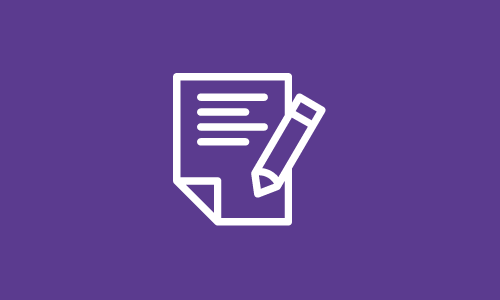Measurement & scaling


In data collected from virtual learning environments (VLEs), item response theory (IRT) models can be used to guide the ongoing measurement of student ability.
By: Kang Xue, Walter Liete, Anne Corrine Huggins-Manley
Topics: Measurement & scaling


The learning curve: Revisiting the assumption of linear growth across the school year
Important educational policy decisions, like whether to shorten or extend the school year, often assume that growth in achievement is linear through the school year. This research examines this untested assumption using data from seven million students in kindergarten through 8th grade across the fall, winter, and spring of the 2016-17 school year.
By: Megan Kuhfeld, James Soland
Topics: Measurement & scaling, Growth modeling, Seasonal learning patterns & summer loss


The impact of test-taking disengagement on item content representation
Rapid-guessing can distort test scores and adversely affect measurement. New research shows how disengaged responses can also distort content representation.
By: Steven Wise
Topics: Measurement & scaling, Innovations in reporting & assessment, School & test engagement


Equating WCPM scores across passages of MAP Reading Fluency
NWEA equated words-correct-per-minute (WCPM) scores from oral reading passages included in the NWEA MAP Reading Fluency assessment.
By: Jing Chen, Mary Ann Simpson
Products: MAP Reading Fluency


In this study, we conducted empirical and simulation analyses in which we scored surveys using item response theory (IRT) models that do and do not account for response styles, and then used those different scores in growth models and compared results.
By: James Soland, Megan Kuhfeld
Topics: Measurement & scaling, Growth modeling, Social-emotional learning


Three measures of test adaptation based on optimal test information
This study extends the work of Reckase, Zu, and Kim (2019) by introducing three new measures of test adaptation.
Topics: Measurement & scaling


This study investigates whether rapid guessing is a stable trait-like behavior or if rapid guessing is determined mostly by situational variables, and whether rapid guessing over the course of several tests is associated with certain psychological and background measures. We find that rapid guessing tends to be more state-like compared to academic achievement scores, which are fairly stable and that repeated rapid guessing is strongly associated with students’ academic self-efficacy and self-management scores.
By: James Soland, Megan Kuhfeld
Topics: Measurement & scaling, School & test engagement, Social-emotional learning


